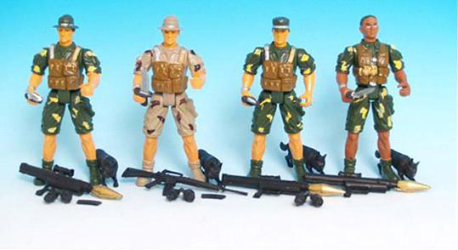
Back in March, when the serious coup-ing kicked off, I wrote two of these short posts to point out that the police and the courts were unreliable opponents of a coup:
- Authoritarians United: Most Police Will Be On The Wrong Side
- Authoritarians United: Most Courts Will Be Too Slow To Matter
Those have both gone pretty much as expected.
Now, sadly, it’s time to consider the military.
The military, historically, has not generally been a reliable opponent of authoritarian coups.
Regardless of what kind of civil society they’ve come from.
This is not surprising.
They have, more often, been a source of coups rather than a resistance.
Militaries are generally the most rigid and authoritarian hierarchies in any society, and modern democracies have done little to improve on this.
The U.S. military does actually have required training that stresses the individual soldier’s responsibility to evaluate the morality, constitutionality and legality of the orders they receive and many soldiers do take that responsibility seriously.
But many do not.
And quite literally everything else in military life acts to condition its members to simply obey any order they receive.
I have pointed this out here before.
This is not news.
It’s been clear in almost every deployment of U.S. troops inside the country since the Civil War, from Kent State in 1970 to Los Angeles today.
It was made alarmingly clear over the weekend, when the U.S. military joined Israel’s war in Iran on Trump’s orders but without Congressional approval.
The U.S. military cannot reliably be depended upon to refuse unconstitutional orders.
They have already deployed illegally into a U.S. city.
They have already illegally taken part in policing there.
With each step along the path, it gets harder for any individual soldier to step up and refuse to go further.
So don’t expect a sudden outbreak of constitutionality from the U.S. military.
The only counter-example I can think of to the general rule that militaries tend to support, or at east enable, coups does come from the U.S. military, though.
That would be General Smedly Butler, but the facts in that case are uncertain since no one was ever prosecuted so there’s no judicial record.
But we at least have one role model here.
- Bad Politics: Welcome To The Jungle Primary - 2026-02-16
- AIpocalypse: Generative AI Cannot Be Reliable - 2026-02-13
- C’mon Democrats: Zero Votes For Fascism - 2026-02-11
